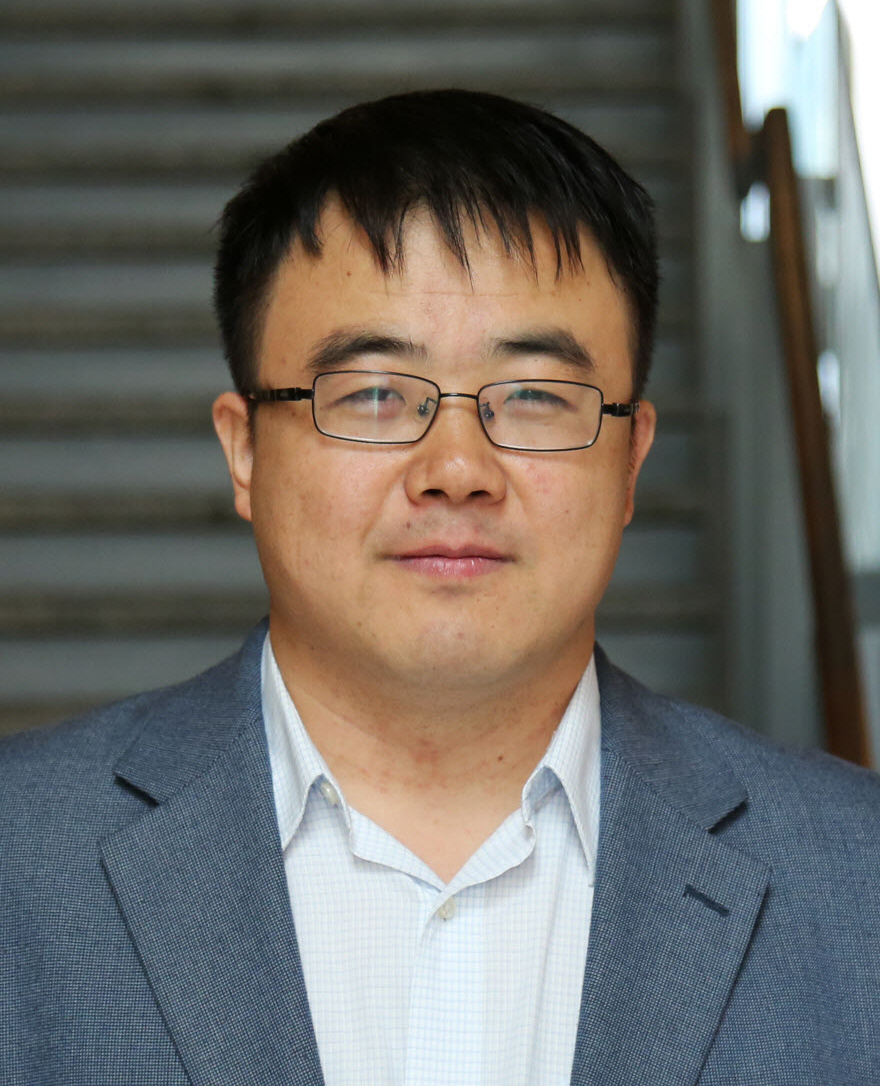

题目:Robotic Micromanipulation of Small Model Organisms
时间:2018年12月13日 10:00-11:00
地点:机械与动力工程学院 F310会议室
邀请人:谷国迎教授(机器人研究所)
Biography
刘新宇博士,加拿大多伦多大学机械与工业工程系、生物医学工程系副教授,微流控和生物微机电系统实验室主任。
加拿大国家微流控和生物微机电系统技术研究领域主席 (Canada Research Chair),国家卫生研究院 (CIHR) 生物医学工程领域基金评审委员会成员。担任机器人与自动化领域国际期刊IEEE Trans. on Automation Science and Engineering、IEEE Robotics & Automation Letters、Int. Journal of Advanced Robotic Systems、IET Cyber-systems and Robotics编委 (Associate Editor),IEEE机器人与自动化学会三大国际会议 (ICRA、IROS、CASE)审稿委员会编委。获得2018年微系统与纳米工程国际峰会杰出青年科学家奖,2017年加拿大麦吉尔大学Christophe Pierre杰出研究奖,2013年加拿大微系统领域Douglas R. Colton杰出研究金奖,2012年加拿大重大挑战基金会全球健康之星奖。其研究成果获得IEEE和ASME国际会议最佳论文奖5次、最佳论文提名奖8次。
Abstract
In this talk, Dr. Liu will present his research on robotic micromanipulation of small model organisms including the nematode worm C. elegans and Drosophila larva. These model organisms have been widely used in basic biology research, while their manipulation tasks require delicate skills from operators and could easily cause human fatigue. The low speed, low accuracy and poor consistency of human operations impose technical barriers on large-scale studies involving manipulation of many organisms on a daily basis. They have developed two robotic micromanipulation systems for high-speed injection of C. elegans and mechanical stimulation of Drosophila larvae, respectively. Both organisms are live and freely-moving in nature. Thus, they developed microfluidic devices for automated preparation of individual organism samples, which enhances the manipulation speed, accuracy and consistency. Both systems leverage microscopic vision for real-time position feedback and control multiple micropositioning devices for automated sample manipulation. Micro force sensors and advanced force controllers have also been developed for force-controlled mechanical stimulation of Drosophila larvae. They demonstrate the superior performance of the robotic systems over manual manipulation, and highlight their promise for large-scale basic biological studies on genetics and neuroscience.